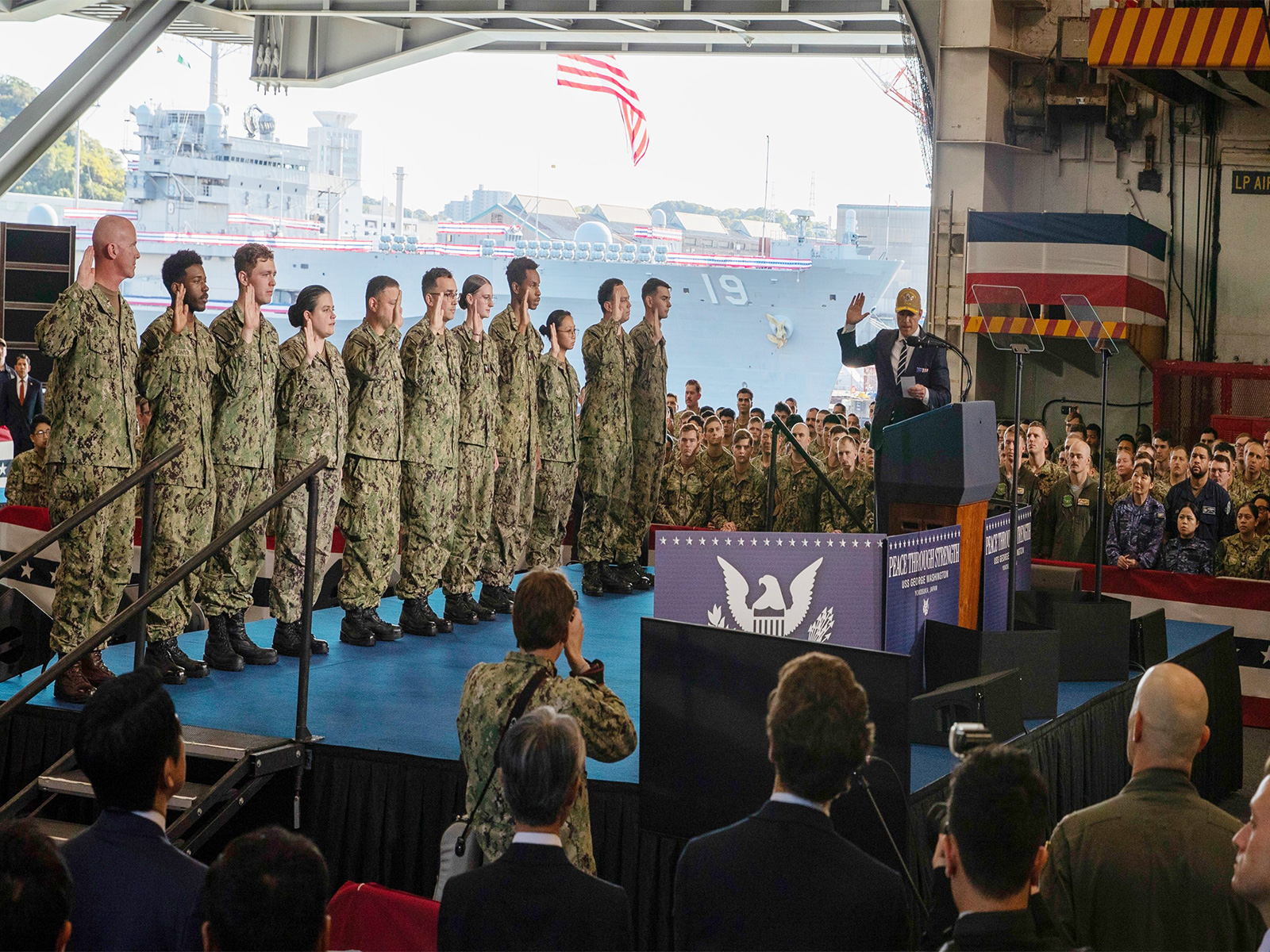Tariffs Under Fire: Supreme Court Scrutinizes Trump's Trade Strategy
The U.S. Supreme Court is evaluating the legality of tariffs imposed by President Donald Trump under a 1977 law, questioning whether these actions exceed presidential authority. The Court, facing arguments from the administration and opposing parties, examines implications for global trade and the constitutional balance of powers.

The legality of tariffs imposed by former President Donald Trump has reached the U.S. Supreme Court, as justices question whether his actions extended beyond presidential authority. Both conservative and liberal justices interrogated U.S. Solicitor General D. John Sauer regarding the application of the International Emergency Economic Powers Act (IEEPA) to impose these trade measures.
The legal challenge focuses on Trump's use of a 1977 statute intended for emergencies to justify sweeping tariffs, raising concerns over congressional authority. Critics argue that the tariffs, which have economic repercussions potentially totaling trillions of dollars, lack clear congressional authorization as required by the Supreme Court's "major questions" doctrine.
As the justices deliberate, this case could redefine the bounds of presidential powers related to foreign policy and economic regulation. With significant stakes for American businesses and international relations, the Court's decision may alter the landscape of U.S. trade policy in the current global economic climate.









